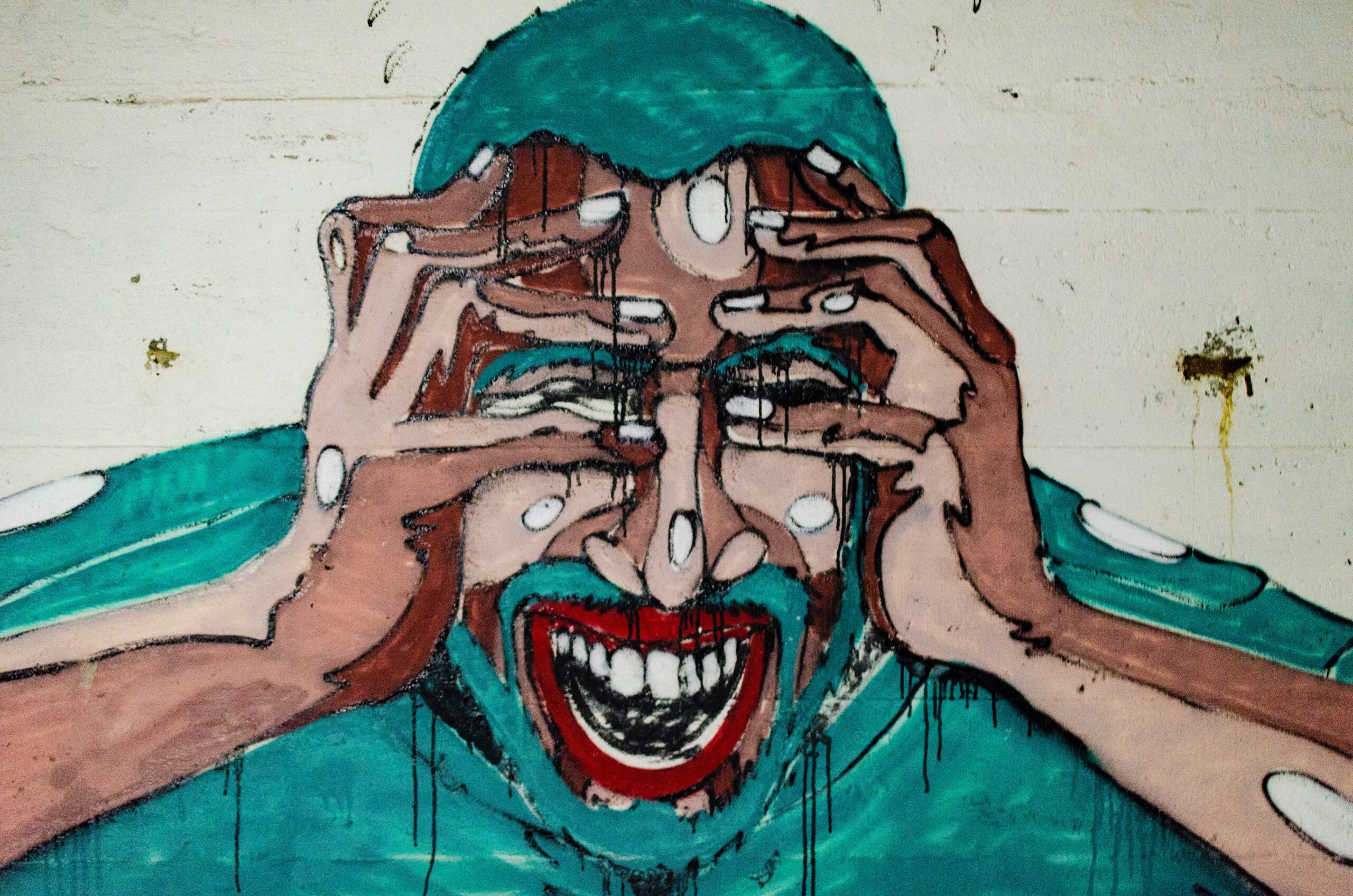
In Switzerland, an estimated one million people suffer from migraine. 1 Given this high incidence, it is shocking how little we know about migraine. In addition, many people have great difficulty finding an effective therapy. At the same time, there are many blog posts, testimonials, or even simply advertising copy that advocate cannabis as a treatment method. This raises the question: does cannabis really help against migraine? And if so: how?
Study situation on cannabis against migraine
Meanwhile, there are some studies that have investigated whether cannabis works against migraines. However, as with almost all cannabis issues, there are still quite few that have also often studied small groups. This leads to the fact that there are some well-founded theses, but absolute knowledge is hardly to be found. In addition, there are countless possibilities for how much and how strong cannabis is taken and in what form. But let’s take a look at what study results are out there:
In principle, many studies point to a positive effect of cannabis.
2
For example, a 2016 study of 121 patients from Colorado found a positive effect on migraine in 85% of the study participants. On average, the number of monthly migraine days decreased from 10.4 to 4.6. A 2020 Israeli study with 145 participants points in the same direction: 61% of patients were able to reduce monthly migraine attacks by 50% or more. A 2019 U.S. study also reached a similar conclusion, with 88% of 316 patients* reporting improvement. In this study, the average decrease in monthly migraine days was 42.1%.
These figures are all impressive and promising. However, they should still be taken with caution: most of the data are based on patients’ self-assessments and there was no placebo comparison group – to name two examples where the studies do not meet the scientific “gold standard”.
Which helps better: THC or CBD?
The 2019 US study mentioned above has another important finding to offer: The effect of THC-dominated cannabis was significantly more successful in reducing migraine attacks. Thus, there seems to be evidence that for the treatment of migraine, THC-containing cannabis is better than balanced or THC-free products. But the lack of robust results on this question is even greater than on the general efficacy of cannabis against migraine.
Conclusion
The existing study results are hopeful. It seems that the cannabis plant can help a large number of migraine patients. However, many unanswered questions remain. How effective is cannabis really? Which intake forms bring the best results? For whom is it the right therapy method – and for whom not? Particularly relevant seems to be the question of whether CBD products can also make a contribution, or whether affected individuals have to fight for their access to medicinal cannabis products in order to receive a therpaie.




